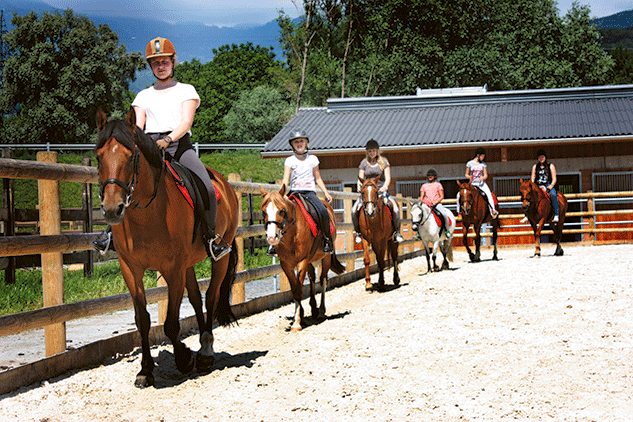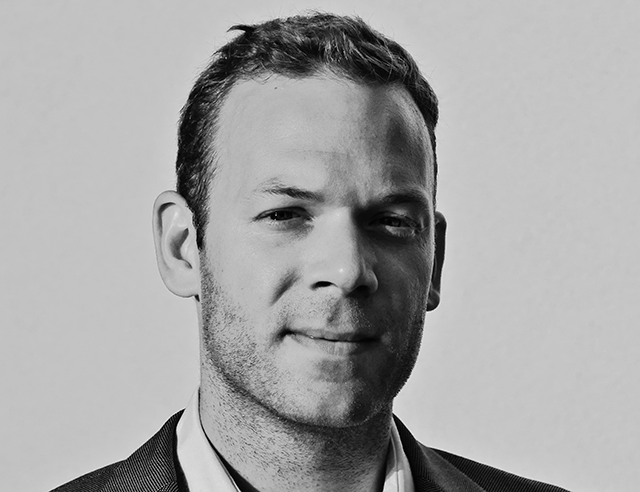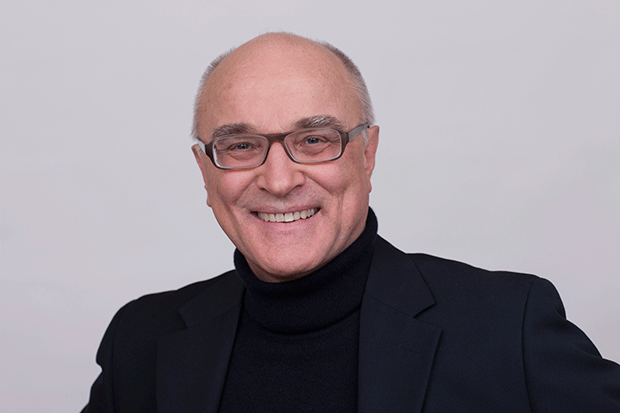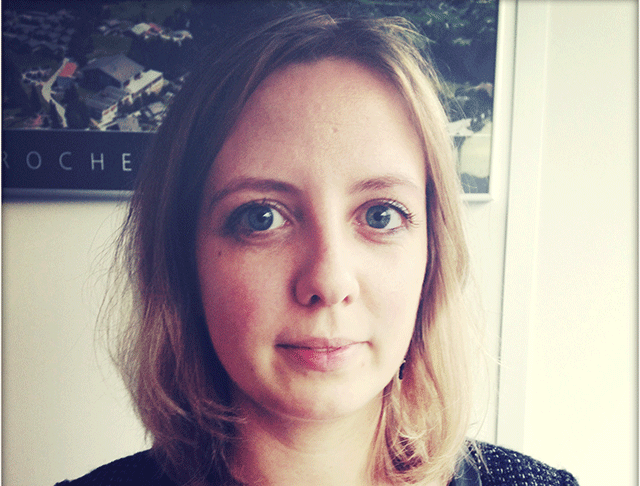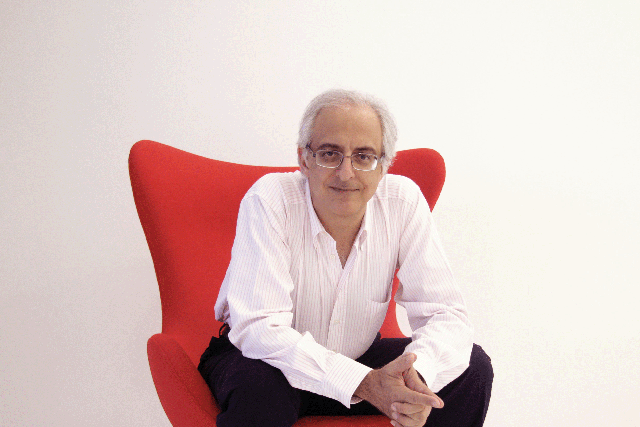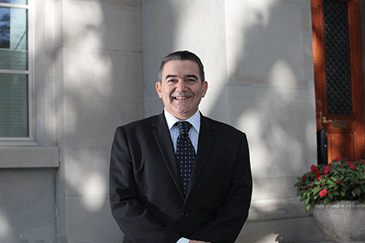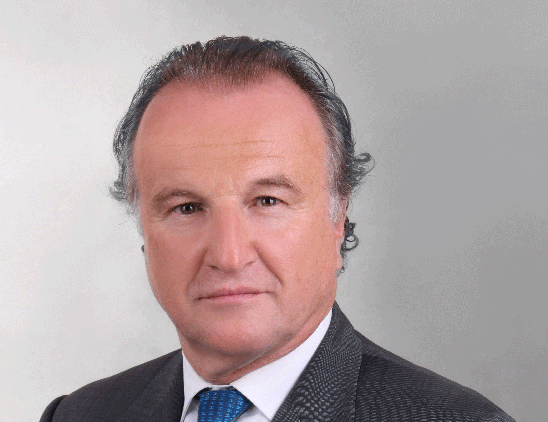One could argue that the demand for Swiss education is spurred by its reputation. However, that is not the case. The popularity of Swiss schools is driven by multiple factors, from high-quality education and rigorous academic standards to a thriving multinational, multilingual and multicultural atmosphere and a geographical advantage, right in the heart of Europe.
“Lured by the lump sum taxation advantage, some of the wealthiest families, wanting to protect their assets, are relocating to Switzerland. Also, a world-class education system and better quality of life have resulted in many families moving to Switzerland to ensure that their children get the best the country has to offer,” says Enzo Caputo, Attorney-at- Law and Founding Partner, Caputo & Partners AG, a Zurich-based international law firm.
School for life
For Sukaiyna Gokal, a Le Rosey institute alumna, attending the oldest and most reputable boarding schools in the world changed her life. “I started at 14, four years later Le Rosey had transformed me fundamentally, made me a citizen of the world,” says Gokal who is also the institute’s representative in the UAE.
For Gokal an education at Le Rosey meant not just a keen focus on academics, but going through the paces of a curriculum that shapes one in all aspects of life. So positive was the impact of Le Rosey that it prompted Gokal to set up Garden of Ayden in Dubai, which offers certified etiquette and character-building classes for children and young adults.
Staying on top
When the Times Higher Education World University Rankings was published earlier this month it had two Swiss universities in the top 50 list — the Swiss Federal Institute of Technology (ETH Zurich) and the École Polytechnique Fédérale de Lausanne.
In a recent survey conducted by Taylor Nelson Sofres in the UK, five-star hoteliers chose three Swiss schools among the top four hotel management schools worldwide: Ecole Hôtelière de Lausanne, Glion Institute of Higher Education and Les Roches International School of Hotel Management. Glion and Les Roches are both part of the Laureate Hospitality Education group that has the world’s most extensive network of hospitality management schools. In 2010, Glion gave hospitality education a new dimension by launching an online MBA in international hospitality management.
Les Roches’ new bachelor specialisation in Spa & Health Management, introduced this year, has been developed in close cooperation with industry leaders. “The industry values our students because they are immediately operational in all domains: not only have they developed their business acumen through practice and theory in order to meet the industry’s requirements but they also understand the jobs of the people they will manage,” says Alexia Robinet, Senior International Public Relations Manager, Laureate Hospitality Education.
Global citizen
For 21-year-old Natasha Zehra Habib, a year at Surval Montreux in Montreux, Switzerland, taught her to accept and understand the world around her. “Studying at Surval gave me the confidence to know the etiquette and business etiquette of most countries,” says Habib, whose parents are based in the UAE.
“Today, an average of 15 per cent of students in Switzerland are from the Middle East and the number is steadily increasing,” says Dr Detlef Kulessa of Tochter und Soehne, Germany’s leading educational consultancy. “In the past the majority of students from the region went to schools in the UK and the US. The Swiss international schools offer an education that prepares kids for the global village by accepting and supporting national differences.”
Network advantage
Hares Shehab, Head of Corporate Communications, Havas PR Middle East, also went to Le Rosey between 1967 and 1970. Shehab says, “Le Rosey helped bring out the traits of my character that most define me, and enabled me to grow differently. It was a sense of belonging to a very closed society, a culture in its own right, which required you to live up to an honoured code of conduct.”
Emmanuel Bally, Managing Director and Senior Advisor, Julius Baer, who graduated from Ecole Hôtelière de Lausanne in 1985, echoes this sentiment. “We belong to a clan, an elite group where we mix with children from around the world and are exposed to other nationalities and religions and this is what stands us in good stead through life.”
Reinvention
In the competitive world of education, staying on top requires constant reinvention, which the Swiss manage with ease. For instance, Les Roches recently launched a Bachelor in Business Administration in Global Hospitality Management, allowing students to move within the same class across campuses in Switzerland, China and Spain.
On the other hand, Glion opened a new campus in London last year and has recently introduced multi campus degree programmes where students can spend time in Switzerland and the UK while pursuing their degrees in hospitality, event, sport and entertainment management.
Another example of Swiss innovation took place at The Institut Villa Pierrefeu, the last of the famed Swiss Finishing schools. Last year, the school accepted men for the first time as part of the process of adapting its curriculum to stay relevant.
Some schools, such as Institut Monte Rosa, have found the balance between a traditional approach to education and modern teaching methods. “In terms of curriculum, our school has evolved and is now focusing on its international section. We are aiming at more than just preparing our students for their high school diplomas, SATs or language tests. A comprehensive programme of sport and activities has also been developed,” says Alexandre Gademann, Director, Institut Monte Rosa.


